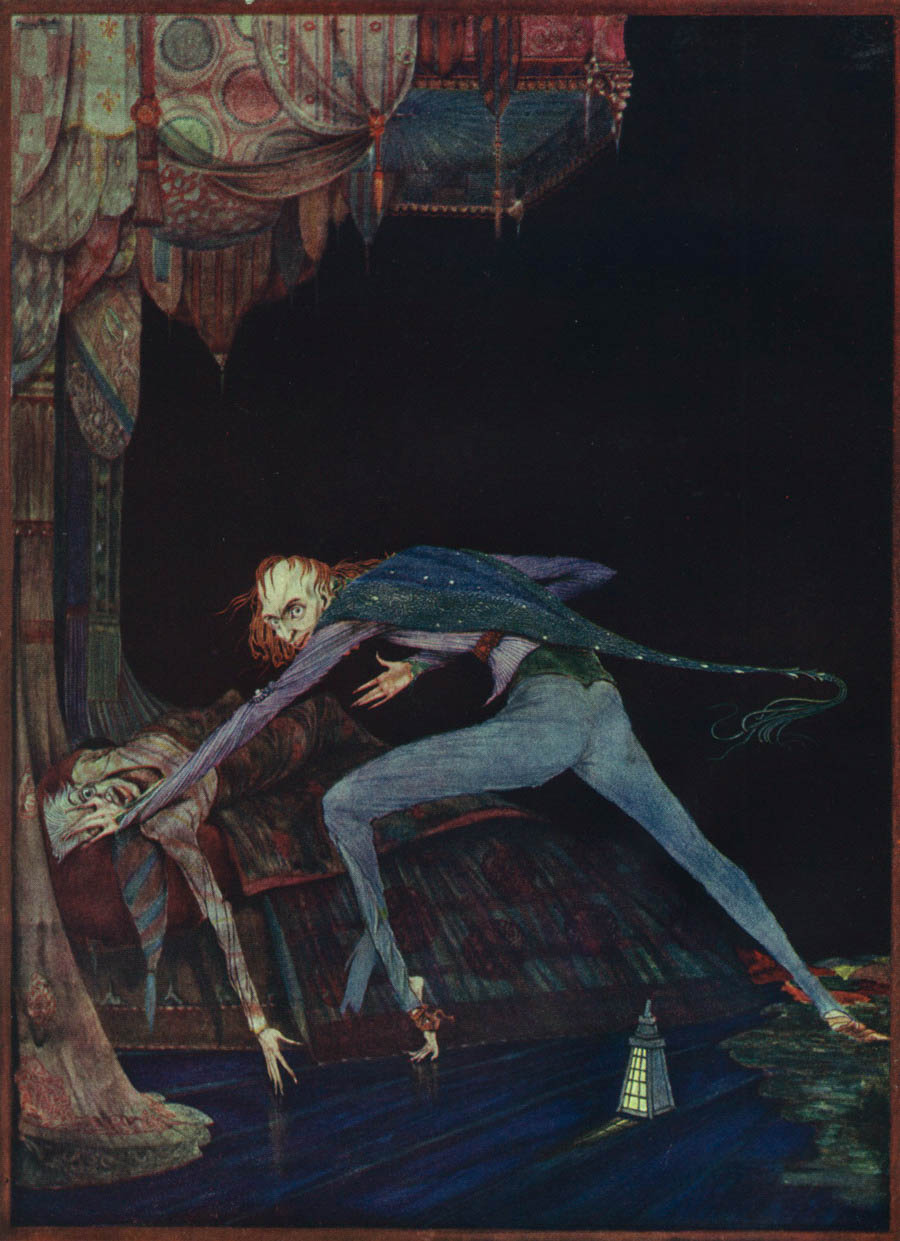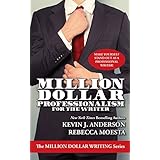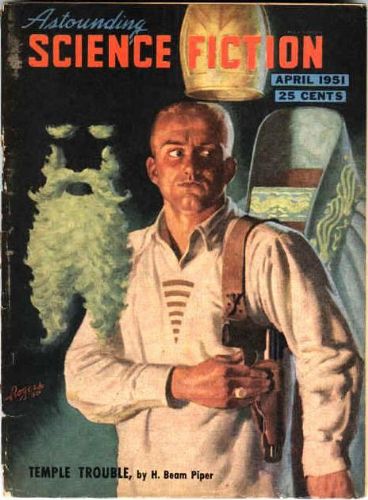.
Summary:A murderer explains his crime with what he assumes is reasonable reason.
Analysis with Questions and Spoilers:Haven't read this? Remedy the matter here.
"TRUE! --nervous --very, very dreadfully nervous I had been and am; but why will you say that I am mad?"What is the narrator trying to accomplish here?
At least two things: 1) establish his veracity. He is. His events seem to align--in his mind, at least--with the facts. He admits to failings of nervousness. 2) say that he is not mad. We probably never buy into his arguments, which makes him unreliable narrator. We ask why he would tell us this if he weren't. It is probably the easiest way to establish something by denying it (even though, hypocritically, we have probably denied things that weren't true about ourselves).
"The disease had sharpened my senses --not destroyed --not dulled them."Who are we, the readers, in this narrative? What have we said to the narrator?
We are his accusers. We said 1) that he is mad, 2) that he's lost his senses, and 3) that he is diseased.
How does the narrator respond? Does he understand the accusations?
Unlikely. While the narrator latches on to the idea of disease and combines it with the senses, we the accusers were probably stating the same thing in different words: You are insane. Your morality is corrupt (a less common usage of "disease").
"Above all was the sense of hearing acute. I heard all things in the heaven and in the earth. I heard many things in hell. How, then, am I mad? Hearken! and observe how healthily --how calmly I can tell you the whole story."What can we conclude from this?
This may be but seems unlikely. Again, the denial and the repetition of the word "mad" establishes the madness. Note the exclamation points. We sense his difficulty to control his passion despite his claim to the telling as "calmly" told.
"It is impossible to say how first the idea entered my brain; but once conceived, it haunted me day and night. Object there was none. Passion there was none. I loved the old man. He had never wronged me. He had never given me insult. For his gold I had no desire. I think it was his eye! yes, it was this! He had the eye of a vulture --a pale blue eye, with a film over it. Whenever it fell upon me, my blood ran cold; and so by degrees --very gradually --I made up my mind to take the life of the old man, and thus rid myself of the eye forever."How do we accusers view his reasoning for murder?
He loves the old man, and doesn't know why he killed him except that the idea suddenly possessed him. Note he writes, "I think it was his eye!" He thinks? He confirms it to himself with detail that we roll with this reasoning if a nonsensical one. Yet he thinks? He has to convince himself. With such detail, how could he forget or be uncertain? Is it madness or a lying mind? Probably the latter since we learn he has exposed his own deed.
"I was never kinder to the old man than during the whole week before I killed him."What can we make of this line? What does it suggest? Who might the old man be?
For one, the irony makes it unintentionally (on the narrator's part) if darkly humorous. Also, the word "whole" paired with "week" as if that's a long time to be kind, especially when you're planning to do in the kindness recipient, which adds a new wrinkle to the phrase "kill them with kindness."
This brings us to a recurrent character of Poe's the kind back-stabber or the faux friend. You'll find him stories like "The Cask of Amontillado" as well. Considering the evil and conniving nature of such villains, one might be able to guess Poe's opinion of such men or women.
In addition to age, the "old man" can refer amiably to one's father or an older man that one cares for. So this may be a story of patricide.
"[P]erhaps he heard me; for he moved on the bed suddenly, as if startled. Now you may think that I drew back --but no. His room was as black as pitch with the thick darkness, (for the shutters were close fastened, through fear of robbers,)....
"I had my head in, and was about to open the lantern, when my thumb slipped upon the tin fastening, and the old man sprang up in bed, crying out --'Who's there?'
"I kept quite still and said nothing. For a whole hour I did not move a muscle, and in the meantime I did not hear him lie down. He was still sitting up in the bed listening; --just as I have done, night after night, hearkening to the death watches in the wall.
"Presently I heard a slight groan, and I knew it was the groan of mortal terror. It was not a groan of pain or of grief --oh, no! --it was the low stifled sound that arises from the bottom of the soul when overcharged with awe. I knew the sound well. Many a night, just at midnight, when all the world slept, it has welled up from my own bosom, deepening, with its dreadful echo, the terrors that distracted me. I say I knew it well. I knew what the old man felt, and pitied him, although I chuckled at heart. I knew that he had been lying awake ever since the first slight noise, when he had turned in the bed. His fears had been ever since growing upon him. He had been trying to fancy them causeless, but could not. He had been saying to himself --'It is nothing but the wind in the chimney --it is only a mouse crossing the floor,' or 'It is merely a cricket which has made a single chirp.' Yes, he had been trying to comfort himself with these suppositions: but he had found all in vain. All in vain; because Death, in approaching him had stalked with his black shadow before him, and enveloped the victim. And it was the mournful influence of the unperceived shadow that caused him to feel --although he neither saw nor heard --to feel the presence of my head within the room.
"When I had waited a long time, very patiently, without hearing him lie down..."
Granted that this represents the narrator's perspective, how does the old man act?
If the old man is the narrator's father, the apple may not have fallen far from the tree. Their paranoia mirror each other although the father's seems closer to normal.
"If still you think me mad, you will think so no longer when I describe the wise precautions I took for the concealment of the body."
Does this reassure you about the narrator's madness?
"for what had I now to fear?... for what had I to fear?"
What does it mean that the narrator repeats this? What does he fear?
"Villains!" I shrieked, "dissemble no more! I admit the deed!"
Who are the villains?
More irony although he is the villain.
There is a further irony in the story's structure. Although the reader is supposedly the accuser, he is also the accused. When we read, we tend to cast our sympathies and consciousness in with the protagonist so that we paradoxically become both. What does this say about us? That we are both mad and sane? Villain, victim, and accuser?
I still recall first reading this in grade school, reading about a crazy man who justifies himself in a way that is reasonable even if his reasoning is flawed. He does not view himself evil or mad, but entirely rational through his own faculties. This ability amazed me then. Whenever I feel dismissive of the tale, I reread it and sense the mad power thrumming, beating like a heartbeat the wood boards of the words.
Note: It is important to remind readers that because a narrator is mad does not mean the author is also mad.









